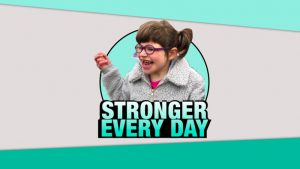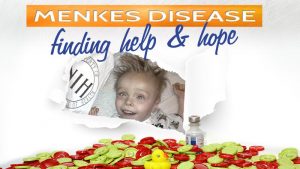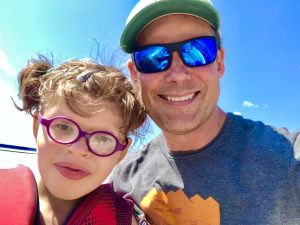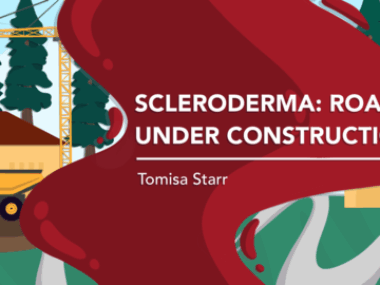New Streaming Channel Showcases Rare Disease Films
Written by |
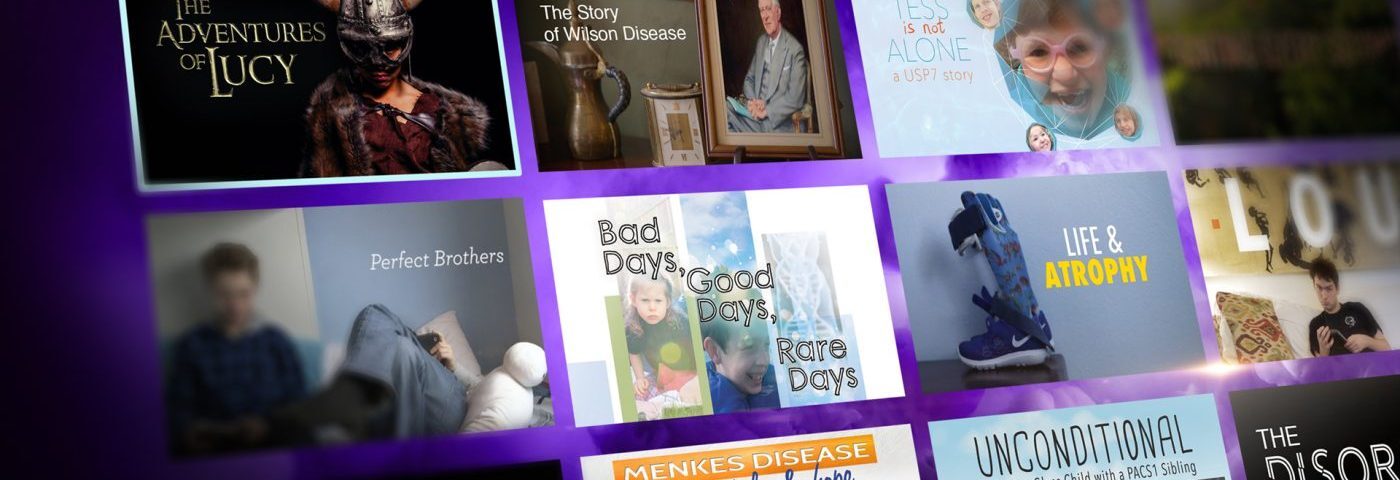
When the COVID-19 pandemic forced the postponement of a rare disease film festival originally slated for May, its organizers set out to find a new way to bring the films to an audience.
Co-founders Daniel DeFabio and Bo Bigelow, who are both fathers of children with rare diseases, hit upon the idea to take Disorder: The Rare Disease Film Festival all digital. The team launched The Disorder Channel on Roku and Amazon Fire TV this summer to bring rare disease films directly to people’s living rooms during a time when many are spending more time at home.
Since its July 8 launch, DeFabio said the channel has reached 400 subscribers on Roku. It includes short documentaries, comedies, and fictional movies, all related to rare diseases. Bigelow’s podcast, “Stronger Every Day,” about raising his daughter with a rare disorder, will also be uploaded in episodic video form on the channel.
The duo launched the two-day film festival in Boston in 2017, selling more than 1,200 tickets for seven screenings. The next event was in San Francisco in 2019. They had scheduled this year’s film festival for May 18 in New York, but had postponed the event until a to-be-announced date this fall.
They didn’t want to do just another virtual event. With a video-on-demand channel, they could show as many films as they wanted.
“Here, we can have an almost infinite library,” DeFabio told Bionews Services (publisher of this website) in a phone interview. “As long as we keep finding good films, we can keep adding good films.”
For film festivals, organizers typically prefer that directors submit a shorter version of a film. But without time constraints or a schedule to stick to, DeFabio said the channel is able to show full-length versions and showcase multiple films for one disease.
Anyone with the rights for a film about a rare disease can submit an application requesting it be featured on the channel.
The rare disease community is vocal, especially when it comes to telling their stories, DeFabio said. Reaction has been positive, with people excited about a channel that relates to their own experience.
“That’s certainly comforting and a pat on the back that makes us feel like we tapped into a need,” he said.
Bigelow and DeFabio, hailing respectively from Maine and New York, met at a Global Genes conference and shared the common experience of making a film about a child with a rare disease. Bigelow made a short film about finding other patients like his daughter Tess, 10; and DeFabio captured his experiences caring for his son Lucas, who had Menkes syndrome.
A conversation about the issue of where to put their rare disease documentaries spawned the idea of the Disorder film festival.
“Why wasn’t there a more perfect match of a film festival for what we wanted to accomplish? Well, if there wasn’t one, maybe we should create one,” DeFabio said, recalling their initial conversations.
Part of the value of the in-person film festival was bringing people face-to-face without having to attend an expensive conference, DeFabio said. Bringing people affected by different diseases, but with shared goals and needs, together.
Each festival to date has been held in cities that are research hubs: Boston, San Francisco, and — possibly soon — New York. DeFabio would like to see the film festival move to Philadelphia, Chicago, and cities in Southern California and North Carolina.
DeFabio tried to be a filmmaker in Hollywood after college but eventually fell into marketing for big and small films, mostly making TV commercials. He also had experience coordinating a small film festival in Boston.
His son was diagnosed with Menkes syndrome as a 1 year old. Menkes syndrome is an ultra-rare condition characterized by the inability to metabolize copper. It is estimated to occur in 1 in 100,000 newborns, mainly boys. Life expectancy for those with the disease is between three and 10 years, unless they are diagnosed and treated promptly.
Running a 5K to support his son didn’t feel right. He wasn’t a runner. He thought about how he could help his son with a disease that had no cure. It made sense to make a film about him.
The aim of “Finding Help and Hope,” released in 2015, was to “remind people or show people that there are families living with children, and it’s a horrible diagnosis, but they’re still enjoying their child’s life,” DeFabio said.
Lucas died two months ago at the age of 11, surpassing expectations.
“He couldn’t walk or talk or sit without assistance, but he was a smiling laughing boy that brought a lot of joy to a lot of people,” DeFabio said.
Bigelow, a lawyer, is chairman and co-founder of the Foundation for USP7 Related Diseases, which was the name given to the disorder affecting Tess, who has a rare USP7 gene mutation that inhibits protein recycling. As of 2018, there were a reported 25 individuals with a mutation in this gene, and the disease is now known as Hao-Fountain syndrome.
While it is primarily focused on the rare disease community, DeFabio thinks it’s possible for The Disorder Channel to expand, especially among people stuck at home watching streaming.
What rare disease families go through, he said, mirrors what everyone is going through in the pandemic.
“None of our films are about COVID-19, but they’re about hearing there’s a deadly disease that’s going to impact you and how do you fight that,” DeFabio said.
The Disorder Channel is sponsored by the pharmaceutical companies Takeda and Ovid Therapeutics.



